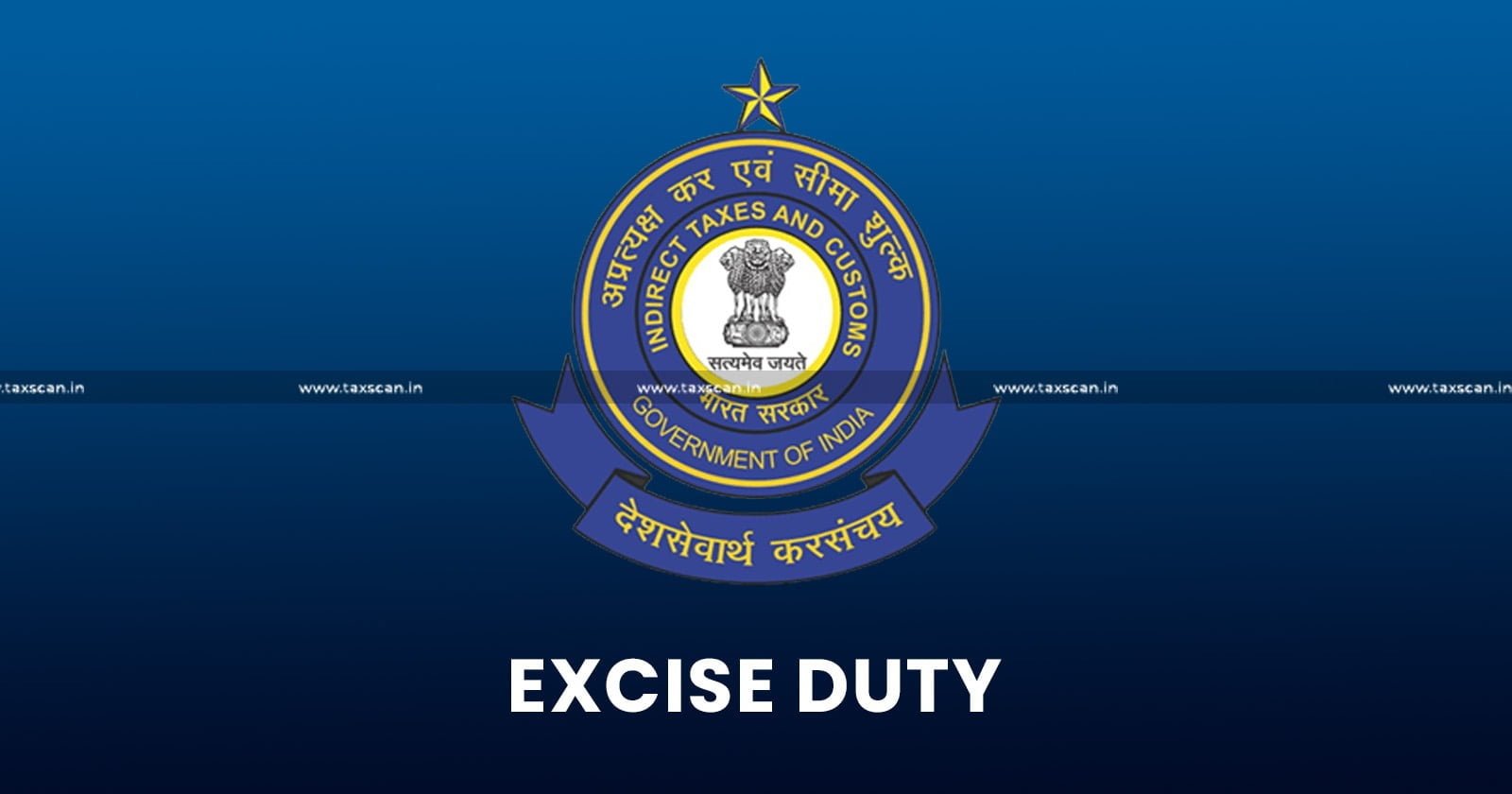Penalty not Justified for Procedural Lapses like Late Filing of Returns in Absence of Fraud, Negligence or Intent to Evade Taxes: CESTAT [Read Order]
The CESTAT held that penalty cannot be imposed for procedural delays like late filing of returns when there is no fraud, gross negligence, or intent to evade duty
![Penalty not Justified for Procedural Lapses like Late Filing of Returns in Absence of Fraud, Negligence or Intent to Evade Taxes: CESTAT [Read Order] Penalty not Justified for Procedural Lapses like Late Filing of Returns in Absence of Fraud, Negligence or Intent to Evade Taxes: CESTAT [Read Order]](https://images.taxscan.in/h-upload/2025/10/08/2094771-penalty-fraud-evade-taxes-cestat-taxscan.webp)
The New Delhi Bench of the Customs, Excise, and Service Tax Appellate Tribunal (CESTAT) ruled that penalties cannot be automatically imposed for procedural lapses such as late filing of returns when there is no fraud, gross negligence, or intent to evade duty.
Paramount Surgimed Ltd., the appellant, is an importer availing concessional customs duty under Exemption Notification No. 50/2017-Cus. dated 30 June 2017. As per Rule 6(3) of the Customs (Import of Goods at Concessional Rate of Duty) Rules, 2017, the appellant was required to file quarterly returns within ten days from the end of each quarter.
The department found that the appellant did not submit the returns on time for several quarters between July 2017 and March 2019. A show cause notice was issued proposing penalties under Section 158 of the Customs Act, 1962.
 Also Read: Dept alleges Clandestine Sale without producing Corroborative Evidence such as Consumption of Electricity: CESTAT quashes Excise Duty [Read Order]
Also Read: Dept alleges Clandestine Sale without producing Corroborative Evidence such as Consumption of Electricity: CESTAT quashes Excise Duty [Read Order]
The adjudicating authority imposed a penalty of Rs. 25,000 for each delayed quarter, totaling Rs. 1,75,000. The Commissioner (Appeals) upheld the penalties. Aggrieved, the appellant approached the tribunal.
The appellant’s counsel argued that the delay in filing returns was a procedural lapse and not a deliberate violation. They explained that the returns were filed before the CGST Division, Bhiwadi, which had issued certificates confirming submission.
The counsel submitted that the conditions of Rule 6(3) had been fulfilled and the delay did not involve any intent to evade duty. The counsel pointed out that certificates issued by the Assistant Commissioner confirmed compliance and that all returns had eventually been filed. They argued that penalty under Section 158 requires proof of fraud, gross negligence, or intent to evade, none of which were present.
 Also Read: Revenue cannot Question Economic Viability of making use of Low Grade Sponge Iron for the manufacture of High grade Sponge Iron : CESTAT allows CENVAT Credit [Read Order]
Also Read: Revenue cannot Question Economic Viability of making use of Low Grade Sponge Iron for the manufacture of High grade Sponge Iron : CESTAT allows CENVAT Credit [Read Order]
The departmental representative argued that the appellant admitted to filing returns late and some returns were incomplete. They argued that compliance with the procedure prescribed in the notification was mandatory for claiming exemption. Since the appellant failed to adhere to the time limit, the department was justified in imposing a penalty under Section 158 of the Customs Act.
The single-member bench comprising Dr. Rachna Gupta (Judicial Member) observed that the delay in filing quarterly returns was purely procedural and not deliberate. The bench pointed out that the appellant had filed all returns and the competent authority had issued certificates confirming compliance.
It further observed that the penalty cannot be imposed automatically and must be based on evidence of fraud, gross negligence, or intent to evade duty. The tribunal explained that penalties are intended to ensure compliance and cannot be invoked for bona fide or technical lapses.
Relying on the Supreme Court’s decision in Hindustan Steel Ltd. v. State of Orissa, the bench held that no penalty is warranted for such procedural delays. The appeal was allowed, and the penalties imposed under Section 158 of the Customs Act were set aside.
Support our journalism by subscribing to Taxscan premium. Follow us on Telegram for quick updates


